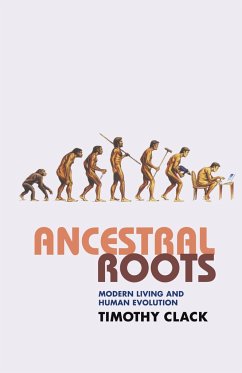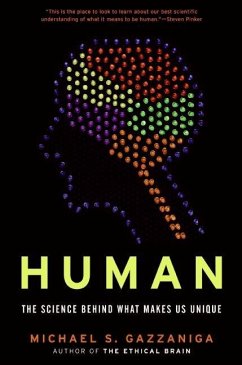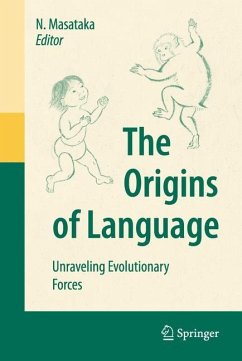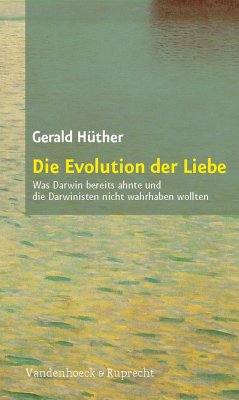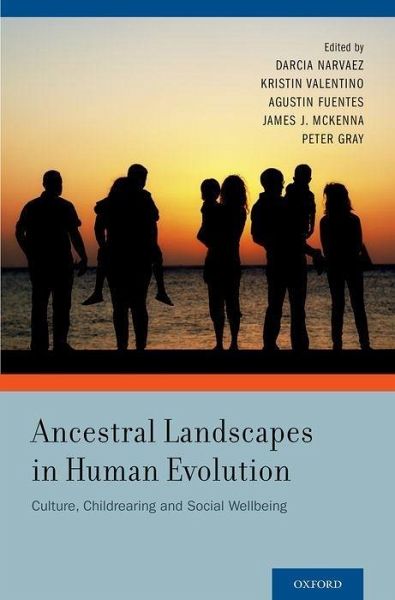
Ancestral Landscapes in Human Evolution
Culture, Childrearing and Social Wellbeing
Herausgegeben von Narvaez, Darcia; Valentino, Kristin; Fuentes, Agustin; McKenna, James J.; Gray, Peter

PAYBACK Punkte
56 °P sammeln!
The social contexts in which children develop have transformed over recent decades, but also over millennia. Modern parenting practices have diverged greatly from ancestral practices, which included natural childbirth, extensive and on-demand breastfeeding, constant touch, responsiveness to the needs of the child, free play in nature with multiple-aged playmates, and multiple adult caregivers. Only recently have scientists begun to document the outcomes for the presence or absence of such parenting practices, but early results indicate that psychological wellbeing is impacted by these factors....
The social contexts in which children develop have transformed over recent decades, but also over millennia. Modern parenting practices have diverged greatly from ancestral practices, which included natural childbirth, extensive and on-demand breastfeeding, constant touch, responsiveness to the needs of the child, free play in nature with multiple-aged playmates, and multiple adult caregivers. Only recently have scientists begun to document the outcomes for the presence or absence of such parenting practices, but early results indicate that psychological wellbeing is impacted by these factors. Ancestral Landscapes in Human Evolution addresses how a shift in the way we parent can influence child outcomes. It examines evolved contexts for mammalian development, optimal and suboptimal contexts for human evolved needs, and the effects on children's development and human wellbeing. Bringing together an interdisciplinary set of renowned contributors, this volume examines how different parenting styles and cultural personality influence one another. Chapters discuss the nature of childrearing, social relationships, the range of personalities people exhibit, the social and moral skills expected of adults, and what 'wellbeing' looks like. As a solid knowledge base regarding normal development is considered integral to understanding psychopathology, this volume also focuses on the effects of early childhood maltreatment. By increasing our understanding of basic mammalian emotional and motivational needs in contexts representative of our ancestral conditions, we may be in a better position to facilitate changes in social structures and systems that better support optimal human development. This book will be a unique resource for researchers and students in psychology, anthropology, and psychiatry, as well as professionals in public health, social work, clinical psychology, and early care and education.




